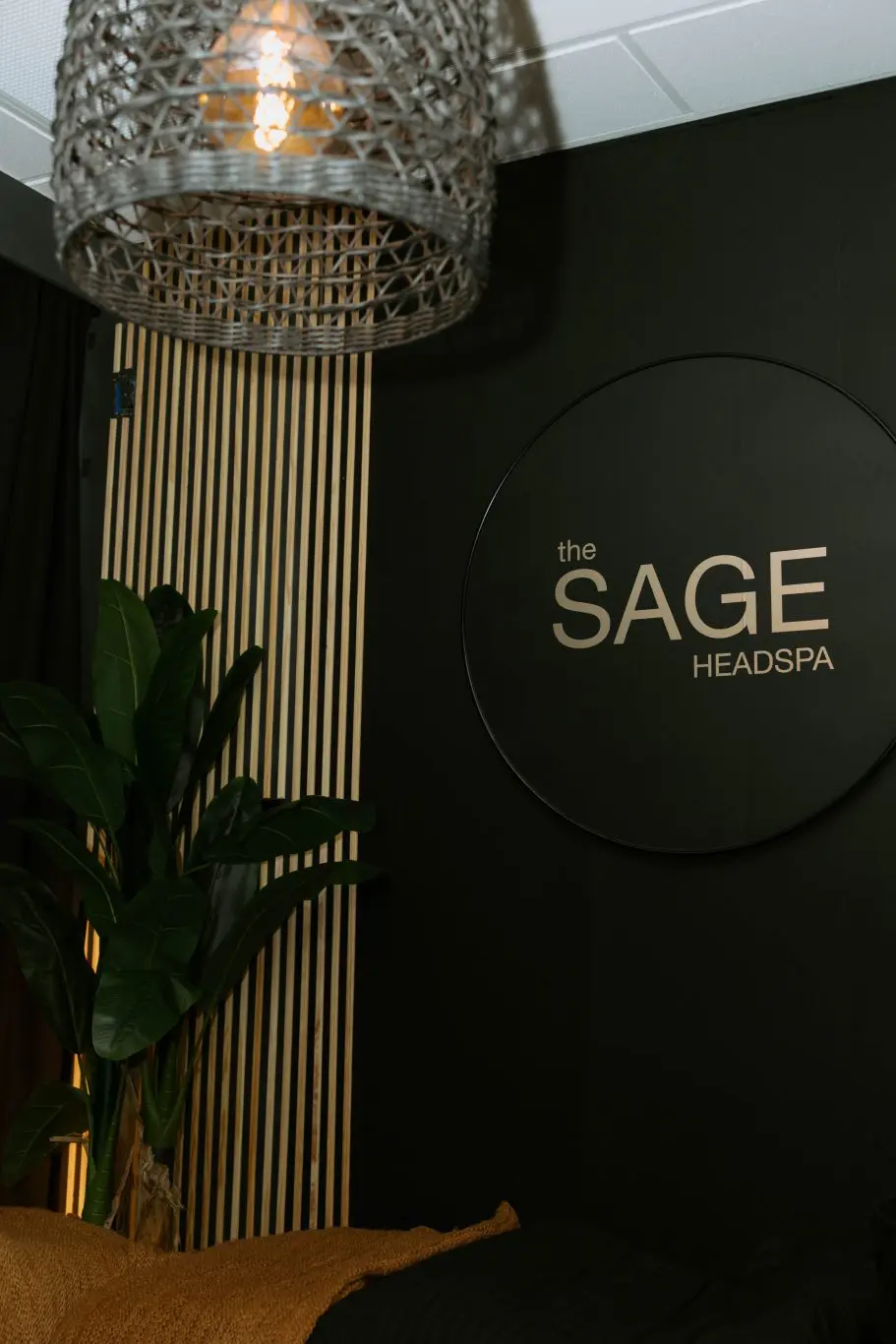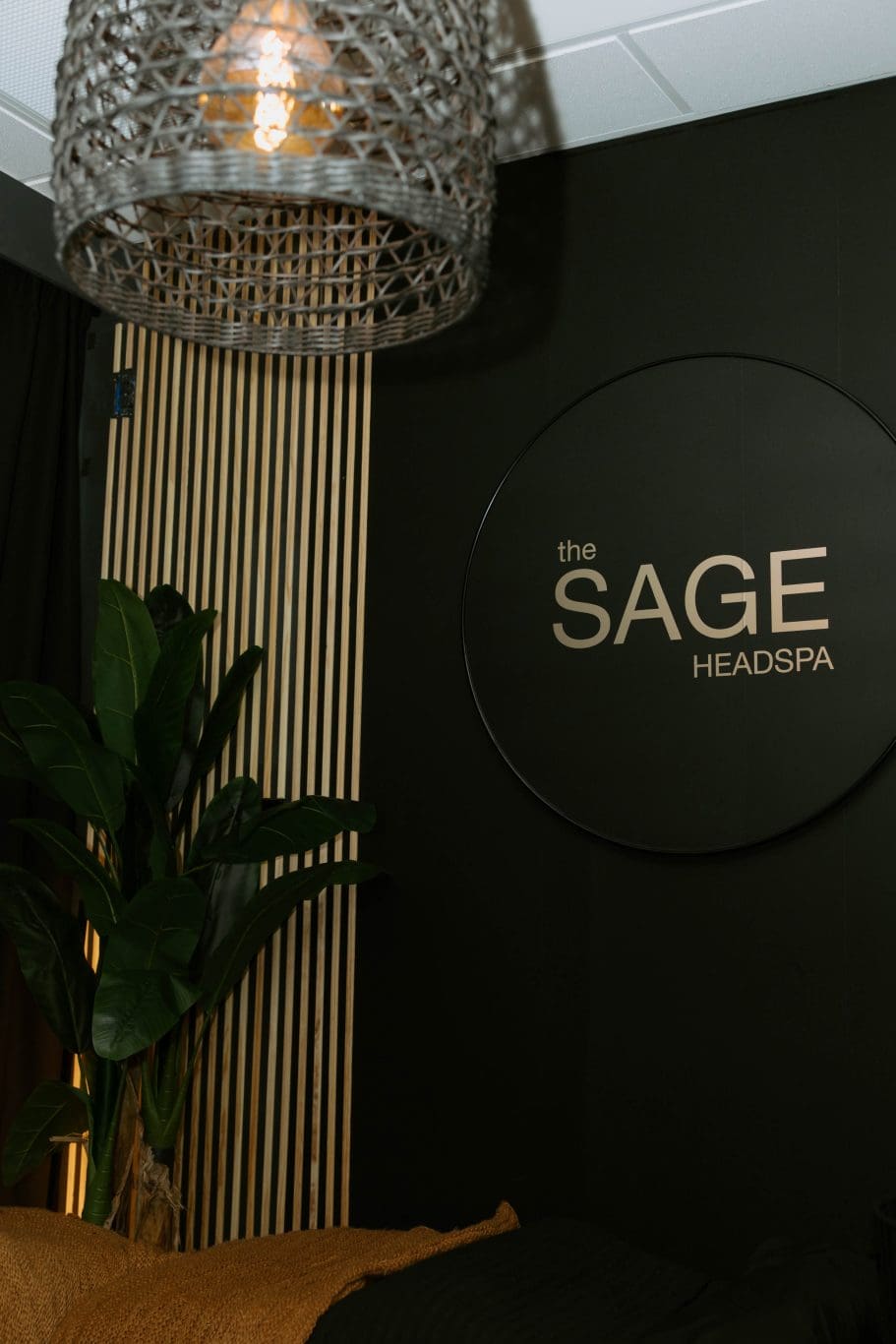What Causes Postpartum Hair Loss — And What You Can Do About It What Is Postpartum Hair Loss? Medically known as postpartum telogen effluvium, this type of hair loss is a temporary condition that affects a large number of new moms. It typically starts 2 to 4 months after childbirth and can last anywhere from a few months to a year. The good news? It’s not permanent. The better news? There are gentle, supportive ways to help your scalp and hair thrive during the transition. Why It Happens During pregnancy, your body is flooded with higher levels of estrogen. One side effect of that hormonal surge? Your hair stays in its growth phase (anagen) longer — which is why many women experience fuller, thicker hair during pregnancy. After birth, estrogen levels drop significantly, and a larger-than-normal number of hair follicles shift into the shedding phase (telogen) all at once. What Else Makes It Worse? While hormonal changes are the main trigger, they’re not the only factor. Postpartum hair loss can also be worsened by:
- Nutrient depletion (especially if breastfeeding)
- Sleep deprivation and stress
- Thyroid imbalances
- Low iron or protein intake
- Inflammation or poor scalp circulation In short: your body is doing a lot. And your scalp, like the rest of you, may need extra support during this season. What You Can Do to Support Healthy Regrowth While you can’t completely stop postpartum shedding, you can nurture your body and scalp in ways that encourage long-term recovery and healthier regrowth.
- Prioritize Scalp Wellness Treatments Healthy hair starts at the root. Our scalp-focused treatments are designed to improve circulation, remove buildup, reduce inflammation, and restore the scalp’s natural balance. These treatments include gentle exfoliation, warm steam, targeted serums, lymphatic stimulation, and the space to truly exhale — because healing starts with slowing down.
- Be Gentle With Your Hair Avoid tight ponytails, heat styling, excessive brushing, or over-washing. Focus on low-maintenance routines and use moisture-rich, sulfate-free products.
- Eat for Hair Health Focus on foods rich in protein, iron, vitamin D, omega-3s, biotin, and zinc. You may also want to speak with your provider about postpartum-specific supplements.
- Regulate Your Nervous System Chronic stress disrupts hormone levels, gut health, sleep, and circulation — all of which affect your hair. Even just a few moments of calm each day can help.
- Deep breathing
- Scalp massage
- Warm baths with magnesium
- Saying “yes” to stillness, even if it’s just 10 minutes in your car
- Give It Time Postpartum hair loss can feel emotional — even triggering. But it is temporary. Be patient with your body. It’s rebuilding from the inside out. A Final Word from Emily As a mom and founder, I know how easy it is to put yourself last. But your healing matters. Your rest matters. And your wellbeing is not a luxury — it’s a necessity. At Sage HeadSpa, we create space for women to reconnect with their bodies, release stress, and support themselves during every season — especially the tender ones like postpartum. Whether it’s been three months or three years since you gave birth — your scalp still deserves care. So do you. We’re here when you’re ready.





